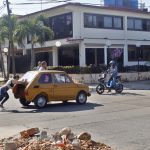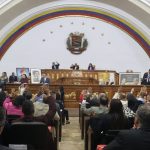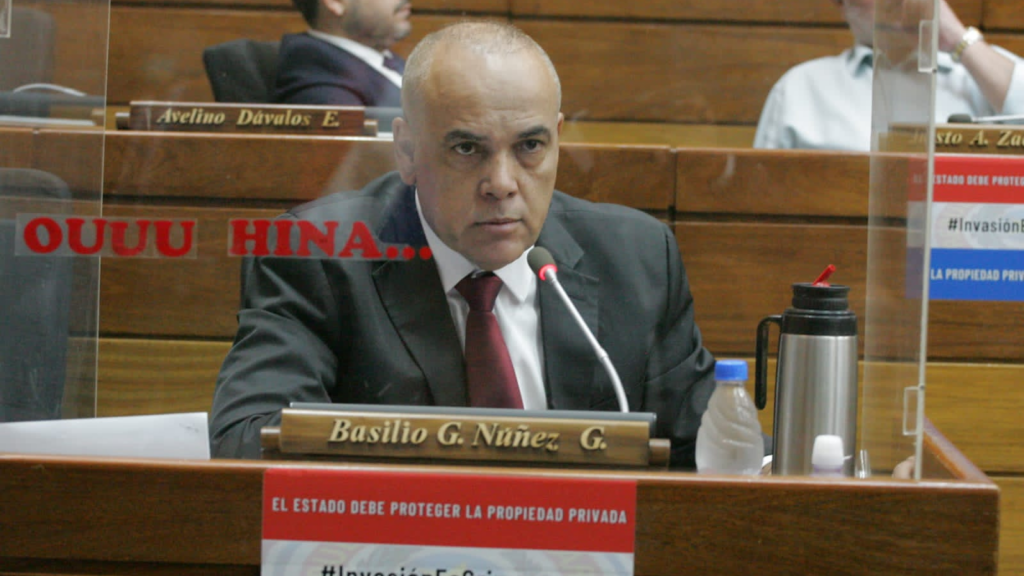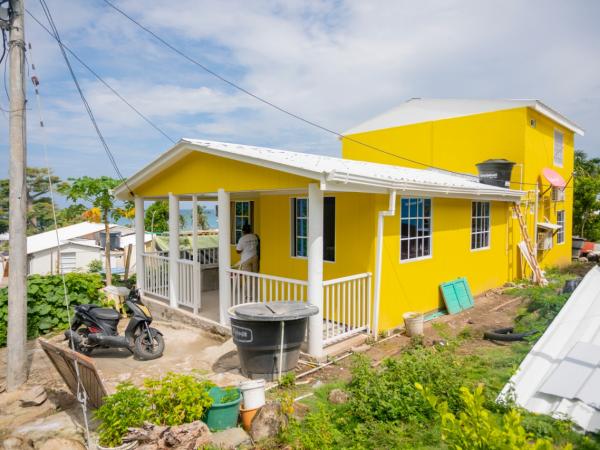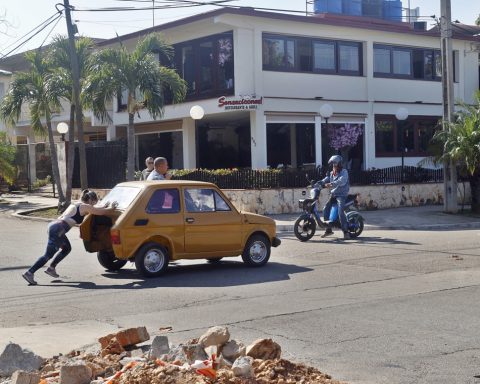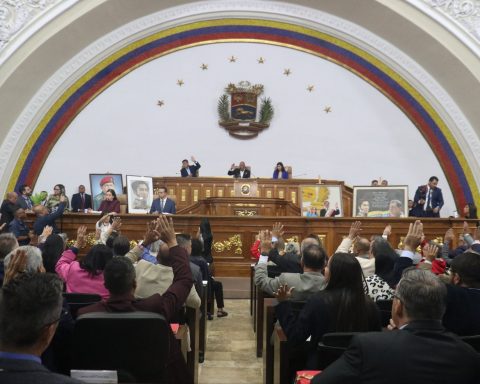C
hen the system has become dead. When capitalism is synonymous with risk to life, the environment and peoples. When the great works to accumulate capital go hand in hand with femicides and genocides, we should stop to think about how to stop this system to defend life.
Even those of us who have known for a long time that capitalism is sliding down the slope of the war against the peoples, permanent undeclared wars, have difficulties in finding ways to act, collectively, to prevent the madness that it intends to make of life. mere merchandise.
First, we rule out symmetries. Opposing war to war is not a good path, because the dead are always put by the same: native and black peoples, women and youth of all skin colors, peasants, workers and the whole range of the down. The recent experience of the Latin American wars, I mean the so-called revolutionary wars, should convince us that symmetry is the wrong way to go.
But we also reject the stillness and the pacifism of turning the other cheek, both functional (like war) to the genocidal and femicidal system. Because capitalism is not going to fall alone, by natural death or by the supposed laws
economics, history or whatever. The system must be brought down. The issue is excuse me
.
A first step is collective self-defense, which first involves being organized. There are many ways and means of defending ourselves, as taught by the Latin American peoples who have created the most diverse forms of self-defense to protect themselves from paramilitary groups, police and the armed forces, but also from the big mining companies.
History has taught us wrong. Or we have learned it wrong and we must recover it. I recently learned that early 20th century English suffragettes had self-defense groups, thanks to the work of the French feminist Elsa Dorlin*.
Part of the movement, which refused to resort to the law for considering the State as the main instigator of inequalities, took courses in jiu-jitsu (defensive art with a stick). Collective self-defense, argues Dorlin, politicizes bodies, without mediation, without delegation, without representation
(p.112).
In a recent interview, Dorlin highlights something about self-defense that is worth both to yellow vests French, as for the young people of Cali, with whom I was able to share training spaces these days: a turning point is reached when power disregards the lives of certain people. It is about lives that understood that they are no longer worth anything and that they can burst in the midst of silence and indifference if they do not rise up
(https://bit.ly/3Kgpwfc).
Large sectors of the population need to defend themselves collectively, because they count neither for power nor for capital. We can name them in many ways: those from below, disposable, inhabitants of the zone of non-being, surplus population; that portion of humanity that only exists when it rebels.
It is worth remembering the recent assertion of the Israeli journalist Gideon Levy, about the Palestinians: If they don’t use violence, the whole world will forget about them.
(https://bit.ly/3x6Memh).
Not all self-defense, he points out, exercises violence, but that depends on collective decisions. Above all, it seeks to ensure collective survival, for which it is essential to stop accumulation by dispossession/the fourth world war against the peoples: mega-mining, monocultures, mega-infrastructure projects and urban real estate speculation. In short, all the ways that do business with life.
Self-defense, or common care, has a self-educational dimension for its members and for the towns and neighborhoods that have decided to defend themselves. The system has mutated, to the point that it is capable of turning the most intimate emotions into merchandise**. Participating in collective self-defense should help us deal with these new modes of accumulation by dispossession.
The new generation of young Zapatistas try to use the Internet in a different sense from the one designed by the system. With this I intend to insinuate that the self-defense groups work both in material defense, placing limits on the violent, and in subjectivities, unlearning the ways of consuming taxes with much more subtle forms of violence, but that still strip us of our feelings and identities.
Finally, self-defense is an art of life in the midst of a system of death. A way of walking avoiding obstacles, teaching us to continue being peoples and human beings. Not to conquer something like power, but simply to continue walking as the lives that we are.
* Self defense. A philosophy of violenceTxalaparta, 2019.
**Eva Illouz (comp.) Capitalism, consumption and authenticity. Emotions as merchandiseMadrid, Katz, 2019.






